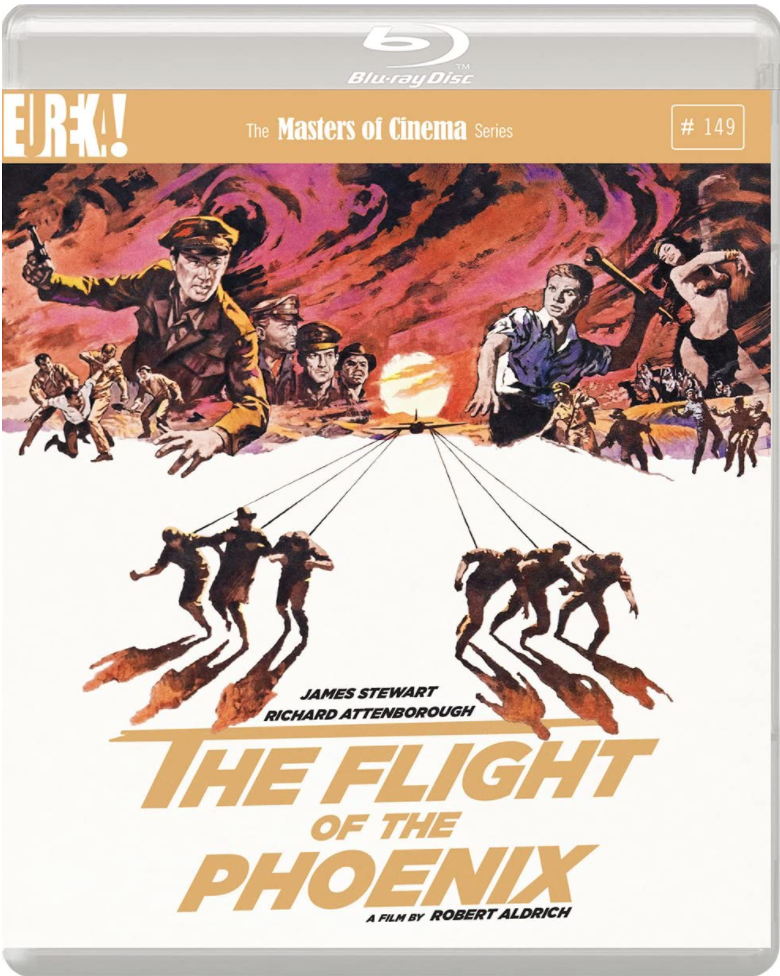I’ll be seeing only two films on this, my last full day of the 2016 Toronto Film Festival. The first will be Walter Hill‘s pulpy (Re)Assignment (formerly Tomboy), which has not only been trashed by almost every critic except for THR‘s Todd McCarthy but appears to the reigning calamity flick of the festival. The second, beginning at 9:15, will be Kelly Fremon Craig‘s The Edge of Seventeen, a teen-angst dramedy produced by James L. Brooks and costarring Hailee Steinfeld and Woody Harrelson. (A friend assures me it works.)
Challenging as it may be, Hill’s film sounds like the more interesting of the two.

Using a plot that seems to resemble Pedro Almodovar‘s The Skin I Live In (’11), (Re)Assignment about a low-rent male assassin (Michelle Rodriguez) who is changed into a woman by a revenge-seeking surgeon (Sigourney Weaver) because Rodriguez has killed her brother. The controversy, of course, makes it feel like essential viewing. Most of the pans are calling it bad or inept or horribly misjudged, and of course the transgender Twitter harridans are screeching about it being politically incorrect, etc. I can’t wait.
The Guardian’s Benjamin Lee writes that (Re)Assignment has been “made with such staggering idiocy that it deserves to be studied by future generations for just how and why it ever got made.” Variety‘s Dennis Harvey says it “gracelessly mashes together hardboiled crime-melodrama cliches and an unintentionally funny ‘Oh no! I’m a chick now!’ gender-change narrative hook.”
And yet THR‘s McCarthy claims that while (Re)Assignment is “a disreputable slice of bloody sleaze, there’s also no question that Hill knows exactly what he’s doing here, wading waist-deep into Frank Miller Sin City territory and using genre tropes to explore some provocatively, even outrageously transgressive propositions.







